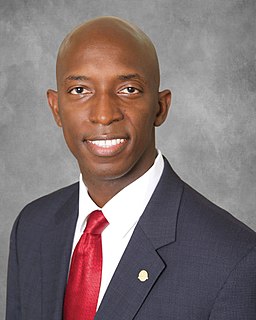A Quote by Binnu Dhillon
We often see discrimination on the basis of color and complexion in society.
Quote Topics
Related Quotes
While white women and men of color also experience discrimination, all too often their experiences are taken as the only point of departure for all conversations about discrimination. Being front and center in conversations about racism or sexism is a complicated privilege that is often hard to see.
The whole basis of working in black and white and grays became the basis of my understanding of color, because it's all about tone, it's all about light and dark. If you don't get that, then your color work is going to be a mess. So that's the beginning of the toolkit: drawing and black and white media.
Munch writes poetry with color. He has taught himself to see the full potential of color in art His use of color is above all lyrical. He feels color and he reveals his feelings through colors; he does not see them in isolation. He does not just see yellow, red and blue and violet; he sees sorrow and screaming and melancholy and decay.
Everybody deserves fair treatment, equal treatment in the eyes of the law and the state.
And that includes gays, lesbians, transgender persons. I am not a fan of discrimination and bullying of anybody on the basis of race, on the basis of religion, on the basis of sexual orientation or gender. This is actually part and parcel of the agenda that's also going to be front and centre, and that is how are we treating women and girls.
The difficulty with color is to go beyond the fact that it's color ? to have it be not just a colorful picture but really be a picture about something. It's difficult. So often color gets caught up in color, and it becomes merly decorative. Some photographers use it brilliantly to make visual statements combining color and content; otherwise it is empty.
Long before there was discrimination against blacks, there was discrimination against white southerners. When large numbers of these country people moved north during World War II, they were aggressively excluded from neighborhoods, jobs, and homes - not because of their skin color, but their accents.




































